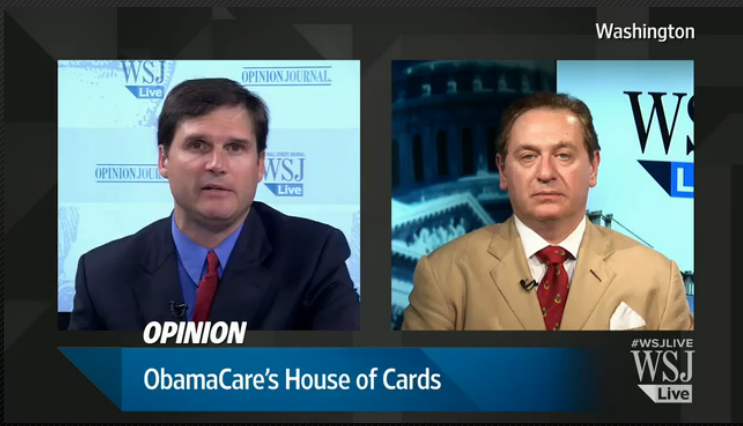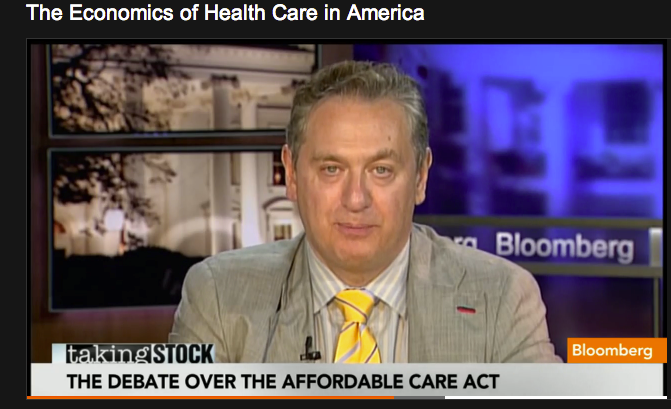By DAVID B. RIVKIN JR., ELIZABETH PRICE FOLEY, Los Angeles Times, June 29, 2015
In King vs. Burwell, the Supreme Court ruled that the Affordable Care Act permits individuals who purchase insurance on the federal exchange to receive taxpayer subsidies. Though the King decision pleases the ACA’s ardent supporters, it undermines the rule of law, particularly the Constitution’s separation of powers.
Under Section 1401 of the ACA, tax credits are provided to individuals who purchase qualifying health insurance in an “[e]xchange established by the State under Section 1311.” Section 1311 defines an exchange as a “governmental agency or nonprofit entity that is established by a State.”
As Justice Antonin Scalia’s dissent notes, one “would think the answer would be obvious” that pursuant to this clear language, subsidies are available only through state-established exchanges.
Yet the King majority ignored what the ACA actually says, in favor of what the Obama administration believes it ought to have said, effectively rewriting the language to read “exchange established by the State or federal government.”
Scalia observes that “Words no longer have meaning if an Exchange that is not established by a State is ‘established by the State.’” Like Humpty Dumpty in Lewis Carroll’s “Through the Looking Glass,” the majority claims that when the court is asked to interpret a word, “it means just what [the court chooses] it to mean — neither more nor less.”
Read more »


